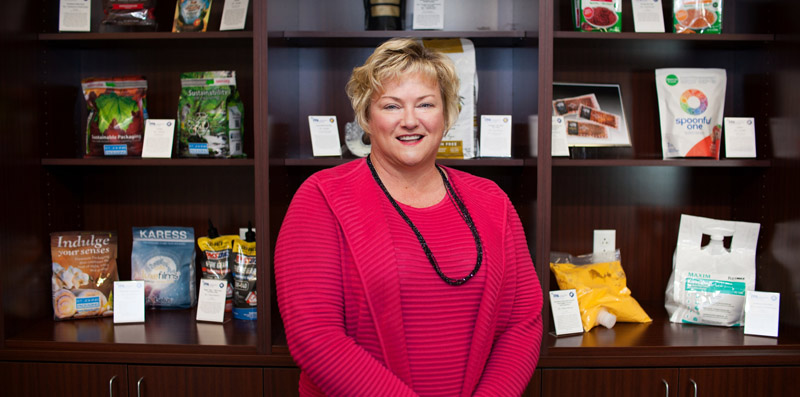No one is sure what the road to recovery will lead to, as no one is sure what the new normal will look like, but there is no doubt that we are on that journey. After a short pause, work continues on a number of fronts, as Congress and states reconvene and take up policy issues over and above the COVID-19 response. It is telling that one of the first hearings that the U.S. Senate had—after concentrating solely on stimulus and recovery packages in response to the pandemic—was on the state of recycling, with plastic pollution being at the forefront. States also are returning to policy and discussing extended producer responsibility and other funding mechanisms to stabilize municipal solid waste collection and recycling and to increase collection and recycling of plastics and other packaging. Work that generally would have occurred March through June of this year has shifted to June through September.
It is telling that one of the first hearings that the U.S. Senate had—after concentrating solely on stimulus and recovery packages in response to the pandemic—was on the state of recycling, with plastic pollution being at the forefront.
To this end, the Materials Recovery for the Future (MRFF) project “wrapped” up its pilot program for flexible packaging this year. The MRFF consortium, of which FPA was a founding partner, released the pilot research report demonstrating the successful collection, separation, and preparation for recycling of flexible packaging. The pilot program—the first of its kind in the United States—was performed in partnership with J.P. Mascaro & Sons at the TotalRecycle Facility in Birdsboro, Pennsylvania, and underwritten by MRFF partners. The project will now transition to The Recycling Partnership (TRP), of which FPA is a new member. TRP is a leading, national nongovernmental organization that exists to improve recycling in the U.S. TRP puts private dollars to work in communities to invest in sustainable recycling systems. TRP works through grants, technical assistance, and tools, as well as research, measurement, and best practices.
“Films and flexibles” is one of TRP’s industry coalitions and is where the ongoing work of the MRFF will be housed. The films and flexibles coalition’s goals are to understand how to engage consumers to recycle film and flexibles; assess and support the most promising recovery options for film and flexibles; and ensure end-market health for those materials. TRP also is working on policy proposals for extended producer responsibility to provide for sustainable funding for currently recyclable materials and infrastructure for currently hard-to-recycle materials. This FPA partnership—along with others that include Californians for Recycling and the Environment, the Associated Industries of Vermont, the Product Stewardship Institute, Retail Association of Maine, Food Industry Association Executives, and the Recycling Leadership Council—will enable FPA to support collection, recycling, and markets for flexibles with government agencies and across the supply chain, including our members’ customers.
As stated in the just-released “State of the Flexible Packaging Industry Report,” (highlighted in this issue), the industry is now a $33.6 billion dollar industry in the U.S., and FPA’s primary mission is to protect and promote that growth. Partnerships like TRP bring the supply chain and FPA member customers together to solve barriers to that growth. End-of-life management and investment in advanced recycling will assist us on this path and enable a successful recovery in more ways than one.

Alison Keane, Esq., IOM, CAE
President and CEO
Flexible Packaging Association
